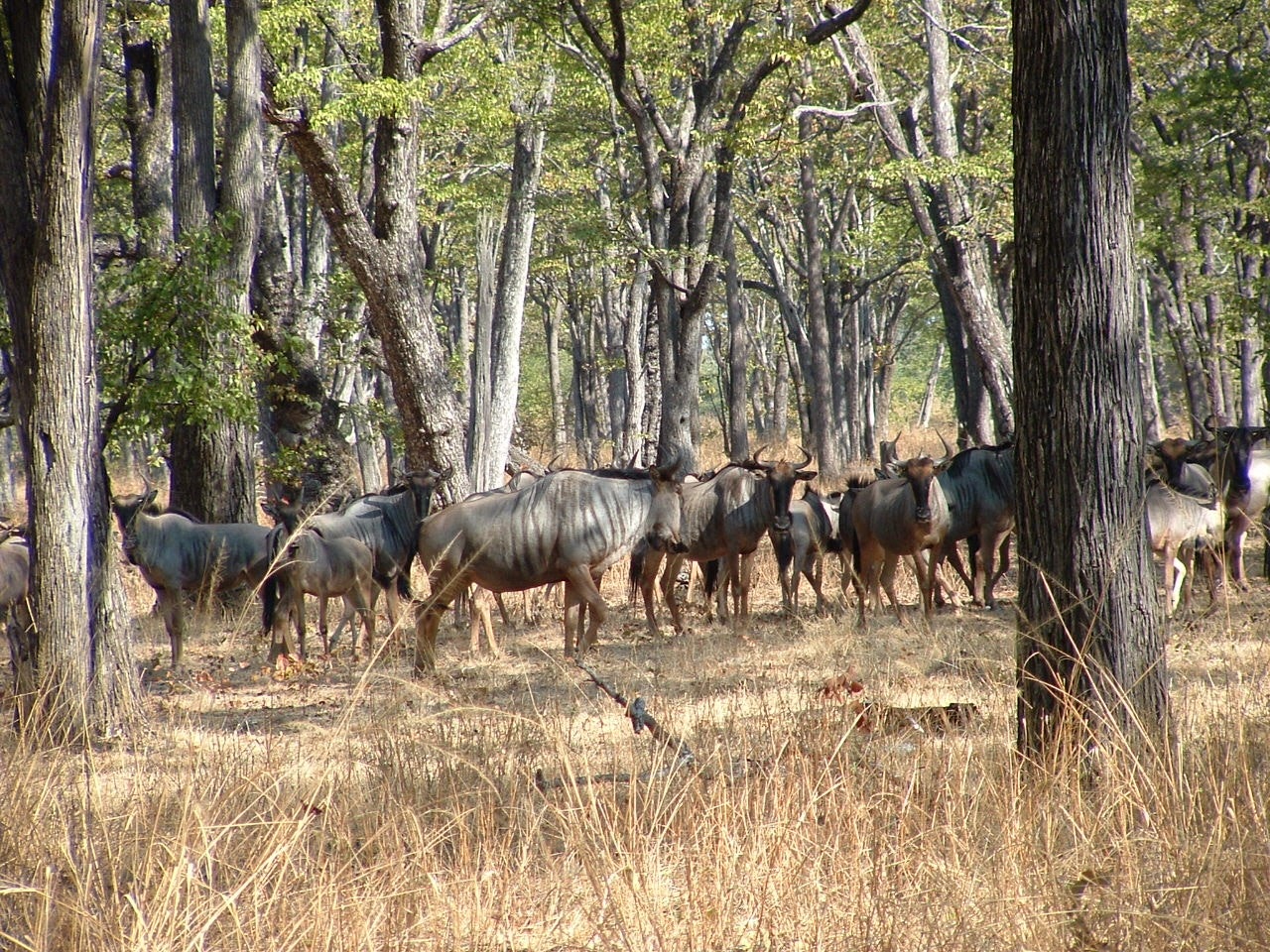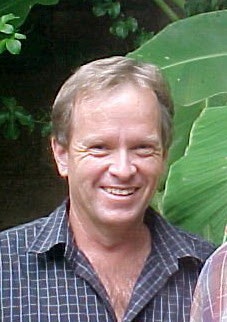Conservation innovation through stakeholder-led wildlife strategies, Zambia
Zambia has 18 national parks surrounded by rural farming communities. Many of these communities are desperately poor and view bushmeat as a ready source of food. As a result, marketing of illegal game meat is a growing problem in Zambia.
Dale Lewis, an American-born environmentalist resident in Zambia for over 20 years, is working in the Luangwa Valley area of eastern Zambia. Once known as ‘The Crowded Place’ and ‘The Kingdom of the Elephant’, Luangwa Valley has over the years been sorely hit by poachers, who have shot all the valley’s rhino and severely reduced elephant populations. Despite this, over 50 mammals are found in the valley such as the leopard, hippopotamus, giraffe and wildebeest, alongside dozens of birds of prey and migrant species.

Dale has identified over 70 local hunters within the area who hunt without licenses. As illicit hunters, they cannot achieve the levels of income that they would from legal kills, leading to a low annual income of $150 in the region from killing an average of 35 animals. Such low prices inevitably put pressure on the hunters to kill more animals and so the vicious circle continues. A safari tourist would pay up to $10,000 in fees and licenses to be able to see just a third of the animals a poacher kills each year – money that is much needed in the community.
Dale invited some of these hunters to participate in an experimental programme where they learn new livelihood skills which aims to reduce dependency on illegal wildlife hunting. To date, nearly 90% of these hunters have ceased to hunt. This process was a far cheaper and more effective way to reduce illegal hunting than conventional law enforcement which offers no alternative source of income.

He is also working to develop local community capacity to protect wildlife by piloting a ‘living laboratory’. Covering seven different Chiefs’ areas totalling over 22,000km², farmers are gaining new agricultural skills whilst being encouraged to protect wildlife.
Dale and his team in Zambian now propose linking a regional trading centre to nine farmer depots in the Luangwa Valley to provide viable livelihood options to over 15,000 households in ways that significantly increase wildlife protection. Increased wildlife presence will mean that other revenues associated with wildlife such as tourism will increase, thus, helping to support the long-term sustainability of the trading centre.

Dale’s work has shown, through a working model, that the cost of conserving wildlife declines dramatically when local communities living alongside wild resources are involved and therefore, motivated to reduce key threats.



